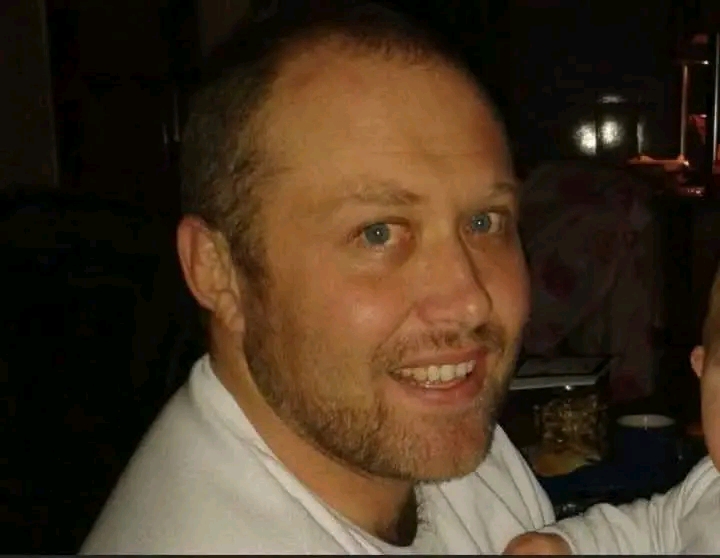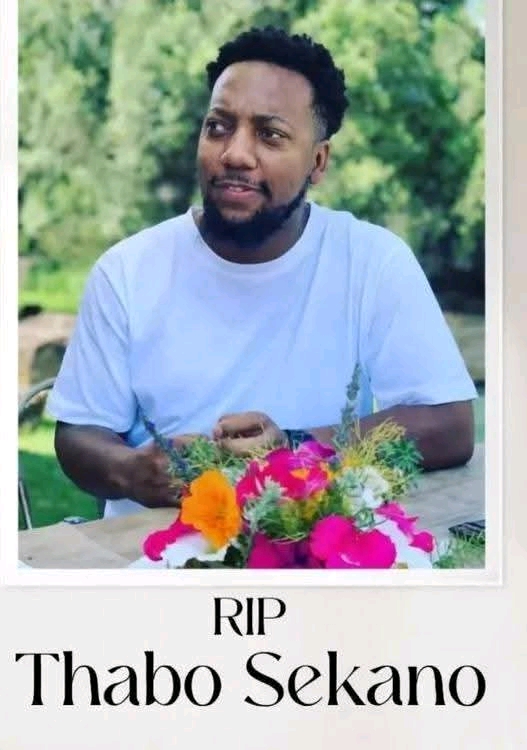
A devastating murder-suicide in Lephalale, Limpopo, has left a small community reeling and reignited national conversations about domestic violence and mental health. The horrifying incident involved 47-year-old Danie van der Westhuizen and his estranged wife, 45-year-old Marlette van der Westhuizen. Danie allegedly shot Marlette before taking his own life — all in the presence of their 12-year-old child.
The tragedy unfolded during what was believed to be a custody exchange between the couple. Reports indicate that an argument may have escalated, leading Danie to open fire on Marlette. Immediately after, he turned the weapon on himself. Their child, caught in the middle of the traumatic scene, witnessed both shootings and is now receiving professional trauma counselling.
This shocking event has not only devastated those closest to the family but has also sent ripples throughout the wider South African community. Friends, family members, and local residents are mourning the loss of two lives and expressing deep concern for the well-being of the surviving child.
Despite the tragedy, both Danie and Marlette were buried together in a joint funeral service held yesterday. The decision to hold a joint burial has sparked emotional responses from the public, with some questioning the symbolism, while others view it as a sign of forgiveness and an effort to provide closure.
Authorities are continuing their investigation into the circumstances surrounding the incident. While no official motive has been confirmed, the event has underscored the growing need for mental health support services, especially for families navigating separation, custody battles, and emotional distress.
Local support groups and child welfare organizations have called for urgent attention to the psychological effects such traumatic incidents have on children. Experts emphasize that witnessing such violence can have long-term emotional and developmental consequences, highlighting the need for sustained counselling and family support services.
Domestic violence remains a critical issue in South Africa, with many organizations advocating for stronger preventative measures and more accessible resources for those at risk. This incident has reignited calls for improved support systems, including hotlines, shelters, and community intervention programs aimed at protecting vulnerable individuals and families.
As police continue their inquiry, the broader public is grappling with questions about how such tragedies can be prevented. Community leaders, mental health professionals, and social workers are urging a collective response to address not only the aftermath of domestic violence but also the warning signs that often precede it.
The Lephalale murder-suicide serves as a painful reminder of the urgency of addressing mental health issues, ensuring child safety, and tackling domestic violence before it escalates to irreversible outcomes. The community now looks ahead to healing and supporting the young child who endured this heartbreaking experience.




